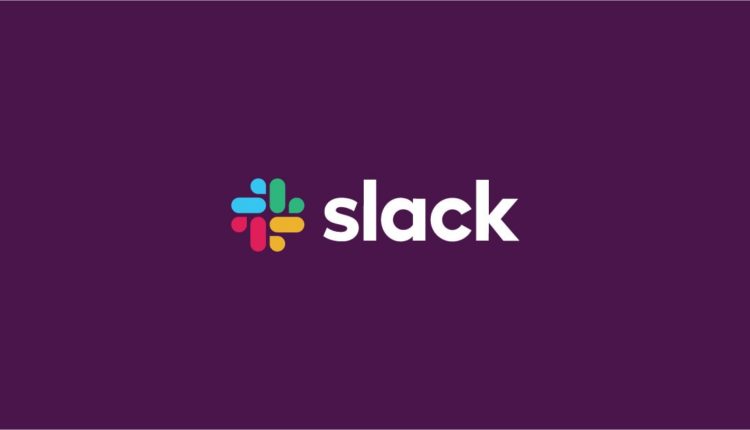The UC partner community has welcomed the Salesforce acquisition of Slack as a good move for competition in the face of “rocketing” Teams adoption.
Speaking to UC Today, partners said that the acquisition was a good idea and would provide a meaningful alternative in the collaboration market for those who were not in the Microsoft 365 ecosystem, but advised caution that more needed to be done to compete against Teams.
“For Salesforce I think it is a good acquisition and bolsters their approach of being an alternative to Microsoft,” said Michael Frisby, Managing Director of Cobweb.
“But a risk I see is that the Slack team gets swallowed up within Salesforce which slows down innovation and its ability to compete against Teams”
“For Slack, I think it is a great move. The adoption of Teams is absolutely rocketing right now and I think in the long term Slack would need a more rounded proposition to compete, but being in the Salesforce-Google “anti-Microsoft” camp with the additional resources I think is a positive for them.”
The agreement for Salesforce to buy Slack for $27.7Bn (£20.8Bn) was reached earlier this month, bringing Slack’s customer base, totalling over 12 million daily users last year, into the Salesforce CRM platform.
Slack’s sales model following the acquisition is yet to be unveiled but Dave Reynolds, managing director at Xelion UK, hinted that a challenge for Salesforce may be convincing businesses to turn away from Teams that comes as part of a 365 subscription.
He said “the acquisition of Slack by Salesforce is a bold move. Teams has had such a huge impact on the collaboration market it will be interesting to see if Salesforce can convince clients to drop something they get for free with a 365 subscription and move to Slack.
Having worked with some Salesforce-enabled businesses in the past few years I do know they have a true dedicated following, so many will be enticed by the potential that a Salesforce enabled Slack may bring.”
Pressure on Dynamics
Looking towards the future, partners also said that Slack still needed to work on key integrations to compete with Teams. According to Iain Sinnott, Sales and Marketing Director at VanillaIP, email, voice and video integrations will still be key USPs for the collaboration platform however he joined Frisby in the view that the agreement adds pressure on Microsoft to tie it’s Teams and Dynamics platforms closer together.
“I think it would be more interesting if Slack had gone to a dial tone platform holder or somebody like Google, who may be bringing a dial tone solution together they have a greater reach into the reseller marketplace,” said Sinnott.
“Salesforce is an expensive answer in the enterprise space but, if it is seen as a preferred way of working, then bringing direct routing into whatever Salesforce and Slack become would put it in a more powerful position than Microsoft because Salesforce is better than Dynamics”
“The question is where the core appeal is and I think if you’re a core appeal is a Salesforce-using, Slack-using environment, and you are talking enterprise, rather than the SME play. But there’s buckets of business for the resellers to take out of SME small corporate businesses that aren’t so enamoured with £85 for a Salesforce licence and a whack on the top for a collaboration tool which they may have already in their 365 package.
So Microsoft is in the lead boat at the moment, they got off to a great start, they have a beautiful product and if they can do a great job for the customer and if the dial tone, call management, call centre and help desk packages come through, then they’ll have a good proposition.”
Frisby added “From Microsoft’s perspective I would say it is business as usual. They competed with Salesforce and Slack anyway and they will keep focused on making Dynamics and Teams the best they can, and with the Power Platform connecting Teams and Dynamics in new ways the opportunities for the IT channel, I believe, is much bigger with Microsoft than with any other vendor.
The new Teams calling features publicly announced recently is an example of the innovation train that Microsoft is delivering at the moment, and I don’t see that slowing down anytime soon!
